5 of Taylor Swift's rerecorded songs that are better than the originals and 5 that are worse
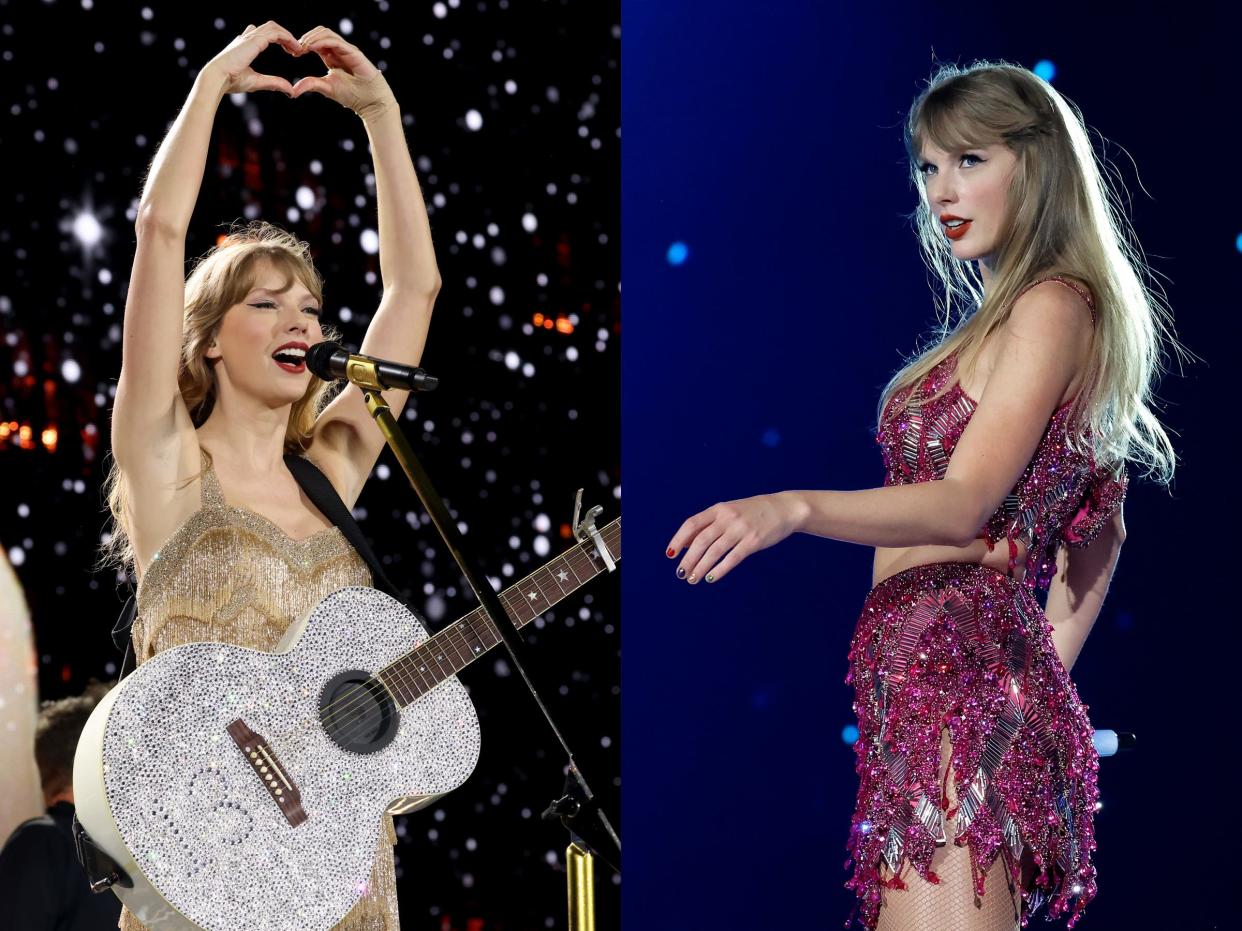
Taylor Swift has rerecorded four albums so far: "Fearless," "Red," "Speak Now," and "1989."
Many songs were improved by Swift's vocal growth, like "Hey Stephen," "State of Grace," and "Innocent."
However, a handful of tracks suffered from tweaks in the production, including "Dear John" and "Style."
"Hey Stephen" was always a gem, but it's even cuter now.
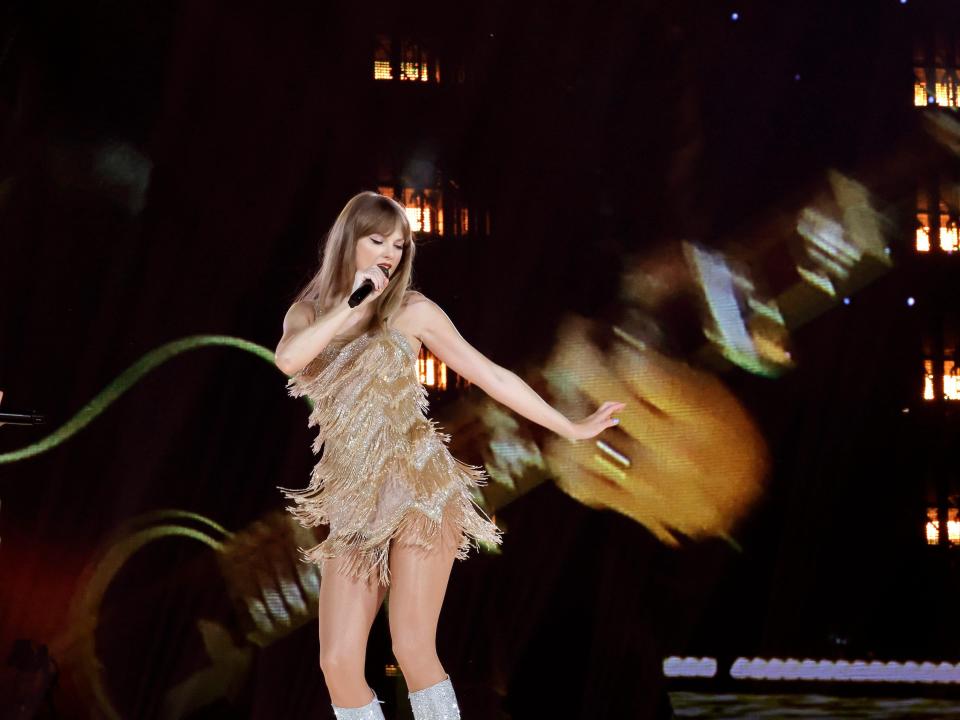
"Hey Stephen" has always been a personal favorite of mine, so I didn't expect to love the rerecorded version. After all, the more you've listened to a song, the more intimately familiar you become with its quirks. Even the tiniest change will be obvious.
But to my surprise, "Hey Stephen (Taylor's Version)" doesn't simply recreate the original's daydreamy charm, but amplifies it.
Swift sounds more comfortable inside the melody — her vocal growth is evident in high notes like "window" and "no one else" — and even more delighted by her own creation. I can imagine her grinning in the studio, absolutely tickled by this teenager's sweet, romantic optimism.
"The Way I Loved You" is the best example of Swift's vocal growth.

We didn't know it at the time, but "Fearless (Taylor's Version)," the first rerecorded album that Swift ever released, set the bar incredibly high. It's the most loyal rendition of Swift's original material, while still managing to upgrade and refine pieces as needed.
"The Way I Loved You (Taylor's Version)" is one of many tracks that show off Swift's new range, and the rerecording shines as a result. Even the production, though very similar to the 2008 take, has been polished and perfected.
"State of Grace" sounds as fresh and invigorating as ever.

"State of Grace" has always been a top-tier song in Swift's discography, but "State of Grace (Taylor's Version)" sounds like the original was put through a laundry machine.
The revamped instrumentals are unbelievably crisp, while Swift's matured vocals thrive in the timeless sonic landscape. If you told a clueless non-Swiftie that it's a brand new single, currently being promoted to rock radio, I bet they'd believe you.
"Innocent" was rerecorded when Swift was 32, which gives the song more depth and resonance.
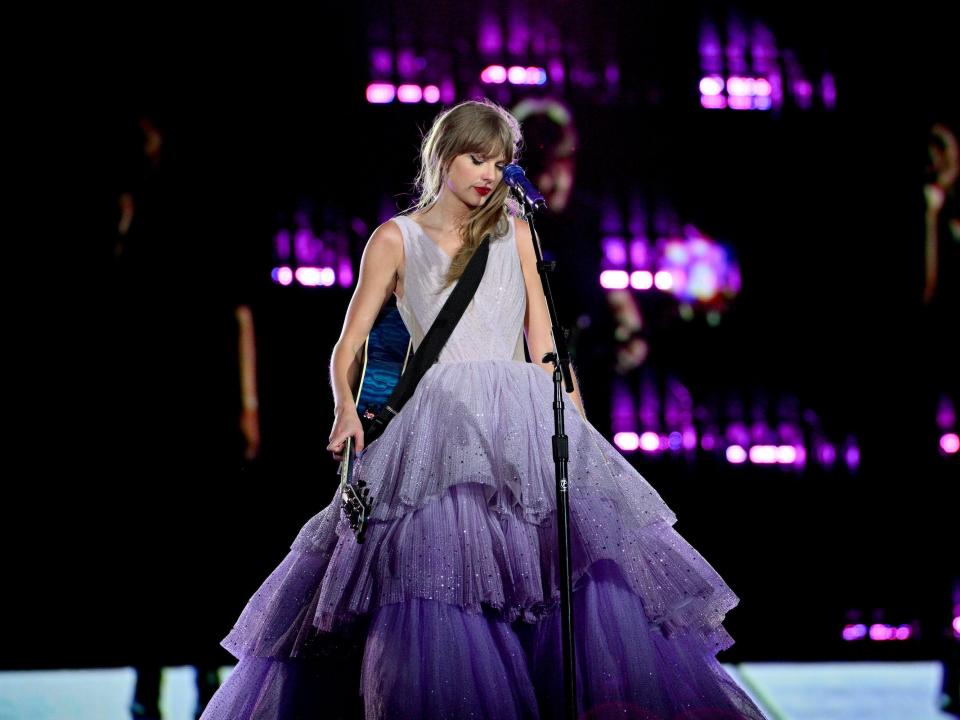
Listening to "Innocent" today, 14 years after the incident that ostensibly inspired it, is a far more poignant experience.
Although it was originally dedicated to Ye in the wake of the 2009 VMAs, the updated version sounds like young Swift is communing with her future self. In the context of her current life and career, the song glimmers with prophetic wisdom.
"Did some things you can't speak of / But at night, you live it all again," she sings in the second verse. "You wouldn't be shattered on the floor now / If only you had seen what you know now, then."
When Swift wrote those words, she couldn't have known how many mistakes she would make, or how many sleepless nights she would suffer as a result. To hear her tell it, those mistakes usually stemmed from trusting the wrong people. If only she had seen what she knows now, then.
But "Innocent" is less about guilt and shame than it is about forgiveness. Put in conversation with more recent releases like "The Archer," "This Is Me Trying," and "Anti-Hero," those words of reassurance truly come alive.
At the time of its release, "32 and still growing up, now" felt kind of sly and passive-aggressive — the faux sympathy of a hurt teenager. Now, delivered in Swift's own 32-year-old voice, it just feels true.
"This Love" received an elegant renovation.

The original version of "This Love" was the only song on "1989" produced by Nathan Chapman, Swift's longtime collaborator from the "Fearless" and "Speak Now" days.
Chapman did not return to produce "This Love (Taylor's Version)," so Christopher Rowe took over instead. Perhaps surprisingly, this didn't harm the song's ineffable, haunting beauty. The rerecorded version isn't just a faithful recreation, but a better one.
Rowe's updated production sounds slightly fuller, more alive somehow. Swift also sounds steadier, more sure of herself, allowing her self-written lyrics to truly shine. It makes the original sound like a demo.
"Jump Then Fall" is the only track on "Fearless (Taylor's Version)" that feels like a downgrade.
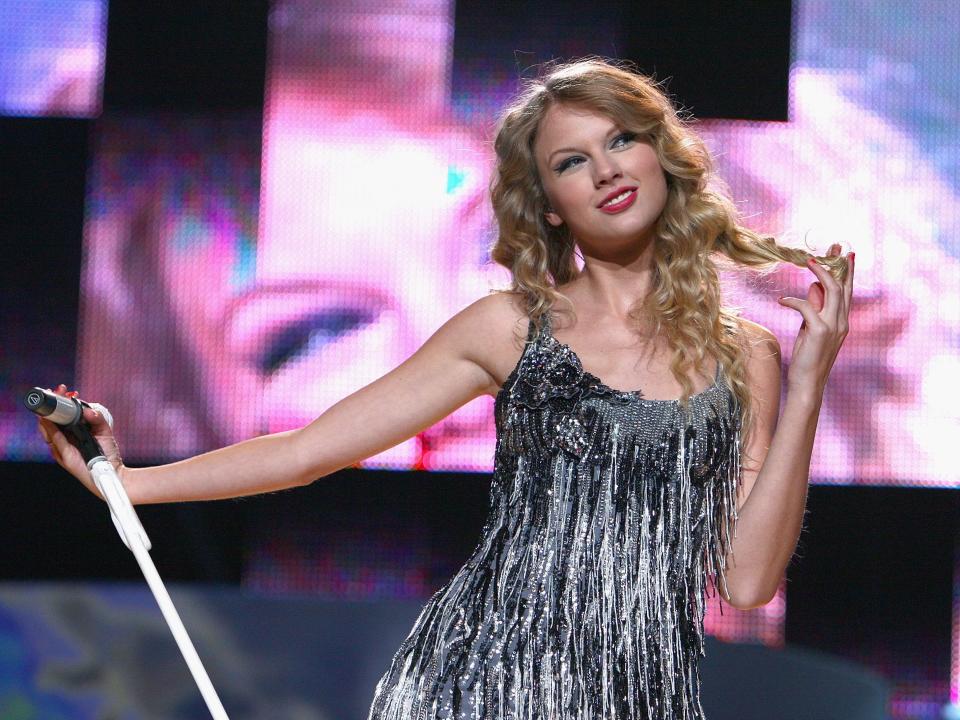
Compared to the rest of the rerecorded tracklist, "Jump Then Fall" sounds like downright forgery. You can hear it from the very first second. The new guitar strum is simply incorrect — flattened, less springy, lacking the original's twangy sparkle. To the untrained ear, it may feel like a minor difference, but it infects the entire song.
"We Are Never Ever Getting Back Together" is glaringly different from the original single.

You don't even have to be a Swiftie to sense that something is very wrong with "We Are Never Ever Getting Back Together (Taylor's Version)" — specifically the essential "weeeEEE," which has somehow been pitched up and watered down at the same time.
The chorus of this song was always supposed to be funny and goofy, but the new version doesn't take itself seriously at all. It almost sounds like Kidz Bop.
"Holy Ground" sounds like Swift's heart wasn't in it.

The vast majority of "Red" was recreated beautifully, which unfortunately means the missteps stand out even more.
"Holy Ground (Taylor's Version)" isn't as conspicuously flawed as "We Are Never Ever Getting Back Together (Taylor's Version)" — I can't even put my finger on exactly what's off about it — but it's definitely missing a key ingredient. There's no longer any passion or urgency.
"Dear John" doesn't hit like it used to.
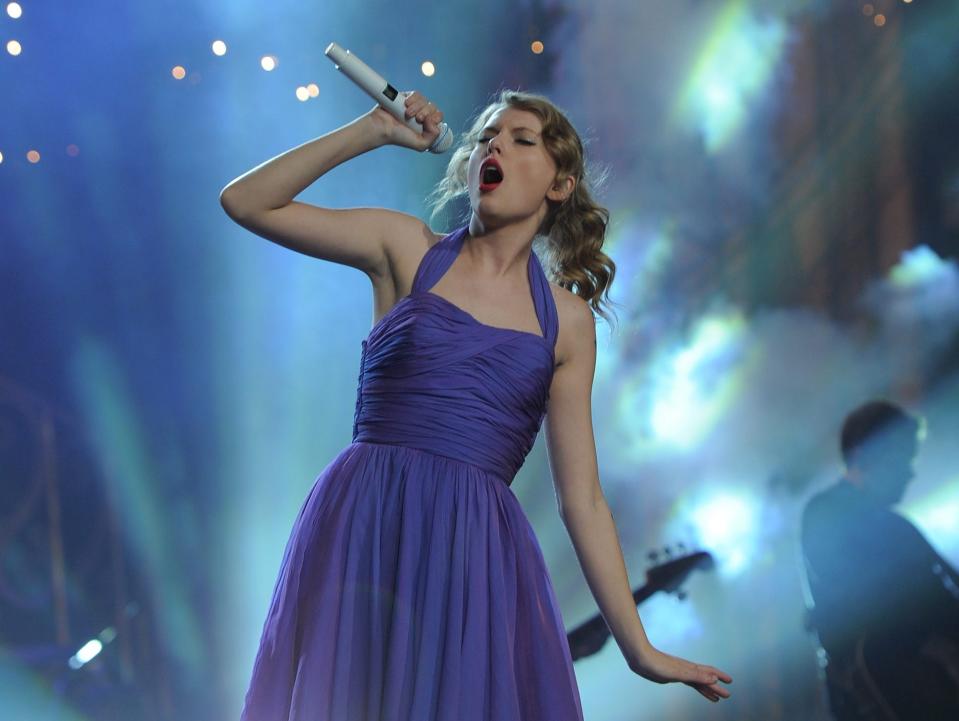
The opening guitar lick in "Dear John" is so iconic and essential to the song's power, that I could pick it out of any lineup. So imagine my shock when I pressed play on "Dear John (Taylor's Version)" and it's not just weird or slightly imperfect — it's completely different. I screamed.
"Style" will always be good, but the original is far superior.
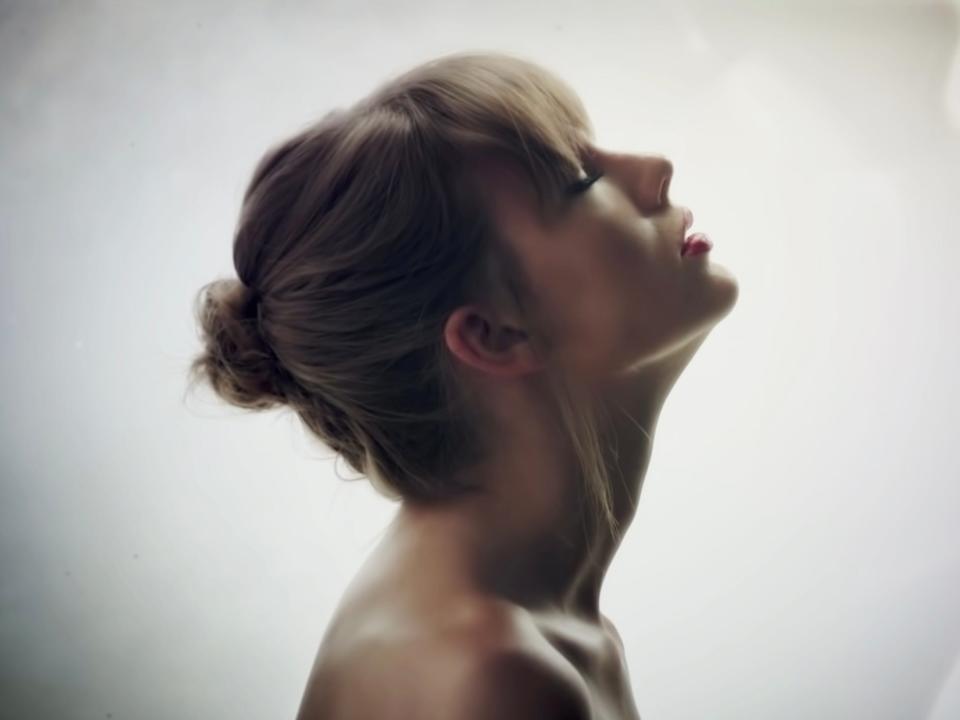
"Style" is such a brilliant song that it's still one of the best moments on "1989 (Taylor's Version)," even though Swifties have unanimously agreed that she botched the rerecording. The guitar riff is tweaked, the reverb clap is dry, and Swift's vocals seem to float above the song — almost like she's singing in a karaoke room.
I don't know what Swift and Rowe were doing in the studio, but this is not the "Style" that we know and love, which was originally produced by Max Martin, Shellback, and Ali Payami. As producer Jai Wolf has pointed out, "It's so hard to recapture that Swedish magic."
I will always salute Swift for reclaiming control of her own music, and I will continue honoring her mission as much as I can. But I cannot in good conscience replace "Style" with "Style (Taylor's Version)" in all my favorite pop playlists. I mean, Swift just became a billionaire — I think she can afford a breach or two.
Read the original article on Insider


